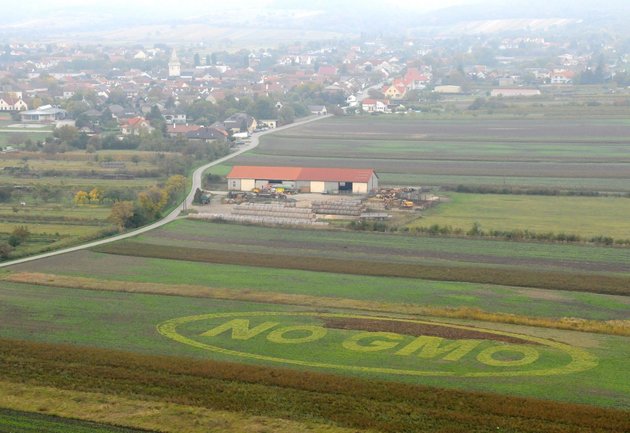A genetically modified organism (GMO) is any organism whose genetic material has been altered using genetic engineering techniques (i.e., a genetically engineered organism).
Many environmental organizations, including the well-known international organization”Greenpeace” are against GMOs, which are known as the source of medicines and genetically modified foods and are widely used in scientific research and to produce other goods.
More than 100 Nobel laureates have signed a letter urging the organisation to end its opposition to GMOs.
The letter campaign was organized by Richard Roberts, chief scientific officer of New England Biolabs, and Phillip Sharp, the winner of the 1993 Nobel Prize in Physiology or Medicine for the discovery of genetic sequences known as introns.
supportprecisionagriculture.org is the campaign’s website. It includes a running list of the signatories, and the group plans to hold a news conference Thursday morning at the National Press Club in Washington.
Through the letter, the campaigners asked “Greenpeace” to cease its efforts to block introduction of a genetically engineered strain of rice that supporters say could reduce Vitamin A deficiencies causing blindness and death in children in the developing world.
“We urge Greenpeace and its supporters to re-examine the experience of farmers and consumers worldwide with crops and foods improved through biotechnology, recognize the findings of authoritative scientific bodies and regulatory agencies, and abandon their campaign against ‘GMOs’ in general and Golden Rice in particular,” the letter states.
While Greenpeace has not yet responded to requests for comment yet, Roberts told the Washington Post “We’re scientists. We understand the logic of science. It’s easy to see what Greenpeace is doing is damaging and is anti-science,” adding “Greenpeace initially, and then some of their allies, deliberately went out of their way to scare people. It was a way for them to raise money for their cause.”
The News Agency Associated Press quoted Roberts saying that he endorses many other activities of Greenpeace, and said he hopes the group, after reading the letter, would “admit that this is an issue that they got wrong and focus on the stuff that they do well.”











